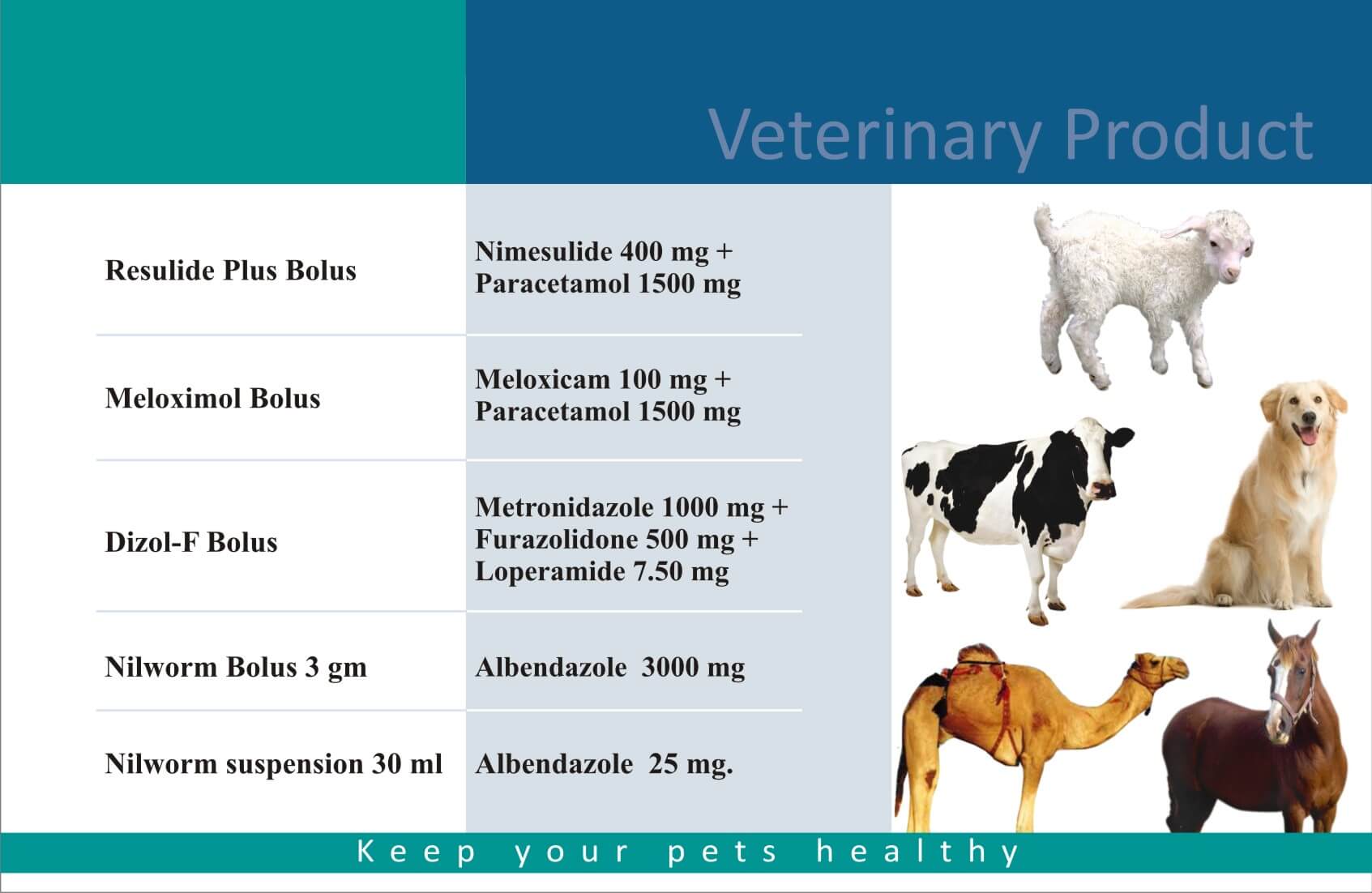Maintaining your pet’s well-being plays a vital role in their longevity. Veterinary testing facilities deliver accurate health assessments for companion animals.
This article, we’ll discuss how veterinary labs work, what tests they offer, and why regular diagnostic testing is important.
What Are Animal Diagnostic Labs?
Animal health laboratories specialize in analyzing health conditions in pets. Veterinary clinics use their findings to monitor health conditions.

Their operations often includes:
- Animal sample gathering: Blood, urine, feces, or tissue samples are obtained at clinics.
- Sample examination: Skilled technicians interpret the findings.
- Understanding the data: The lab delivers insights to the veterinarian for health management plans.
Essential Diagnostic Tests for Cats and Dogs
Animal health testing facilities provide numerous testing options to ensure pets stay healthy. Important assessments include:
- Blood work: Identify infections.
- Urinalysis: Evaluate hydration levels.
- Parasite screenings: Spot signs of infections.
- Allergen identification: Diagnose food allergies.
- X-rays and ultrasounds: Identify hidden injuries.
laboratório veterinário
The Benefits of Veterinary Diagnostics
Periodic veterinary assessments plays a key role in improving quality of life. Timely diagnosis gives your pet the best chance at recovery.

The main advantages include:
- Personalized health strategies: Customized solutions for your pet’s needs.
- Knowing your pet is cared for: Regular testing ensures clarity.
- Cost savings over time: Early detection reduces long-term expenses.
laboratório de análises clínicas veterináriaslaboratório veterinario sp
Conclusion: Prioritizing Pet Health with Veterinary Labs
Scheduling routine tests for dogs and cats supports their overall wellness. Veterinary labs work as an extension of your vet’s expertise to create personalized care plans.
Prioritize your pet’s next health checkup to keep them happy and thriving!